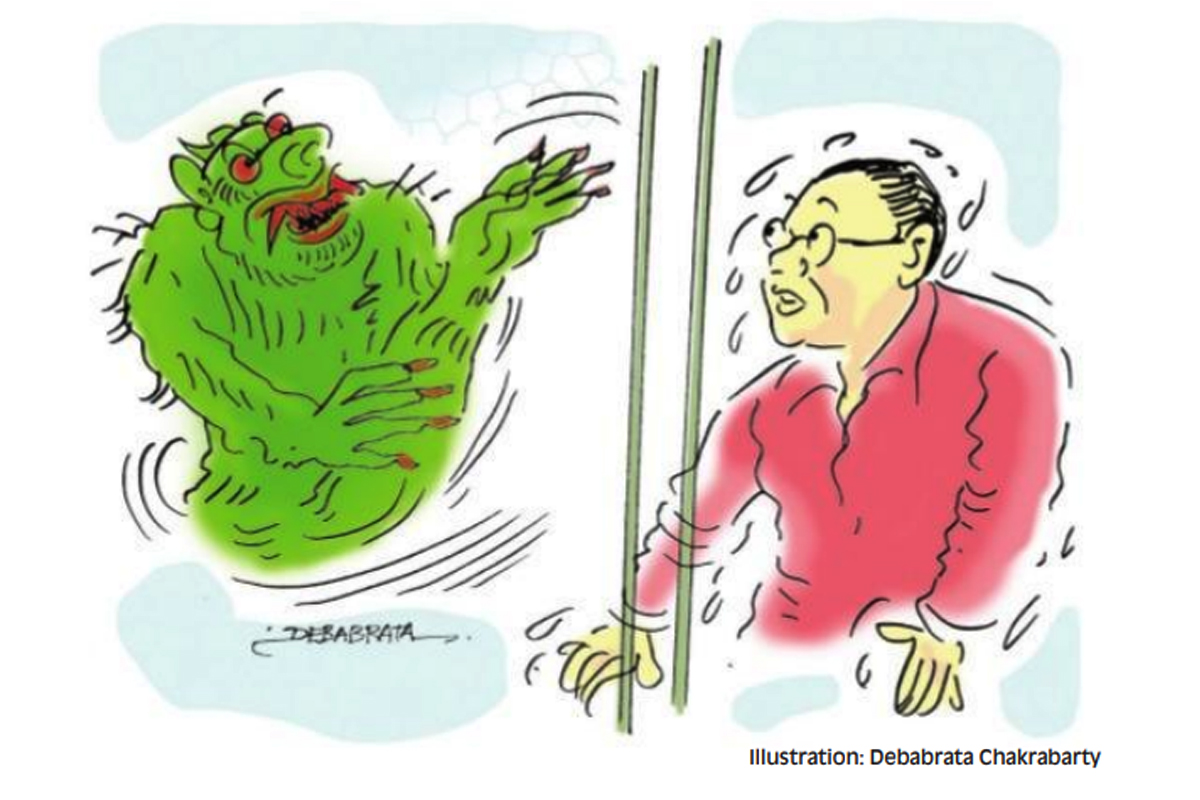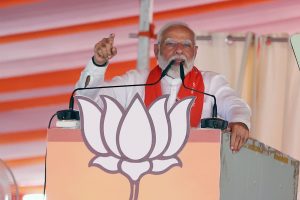For a law-abiding person I have spent a fair amount of time behind bars. To visit prisoners and to make sure of their humane treatment.
Suddenly, the world over, we are prisoners in our home. We are asked not to cross the threshold save for a desperate need.
Some of us who live alone have nobody to talk to and feel in solitary confinement, the worst punishment for prisoners. Others who live with their spouses or family members have suddenly too much of their company and feel a stress worse than that of solitary incarceration.
Victor Frankl, an Austrian psychologist, was in a worse kind of prison.
As a Jew, the Nazis confined him in Theresienstadt ghetto and later in the Auschwitz death camp. He observed three kinds of reaction among prisoners.
First, people had a shock, to be suddenly deprived of their normal life. Second, apathy, as people grew used to their misery and deprivation. Last, depersonalization, as they lost their identity and dignity, concerned only with their animal survival, bereft of hope, eking a bitter existence.
The ones who survived were those with hope, clinging to their humanity and a lingering trust in goodness and concern for others.
Though imprisoned, Frankl felt himself free in important ways, free to think, free to help other prisoners any little way he could, and free, above all, to do what every person can always do: choose to make his own decision even in the most horrible situation.
He felt himself freer than his armed German guard, imprisoned in his Nazi allegiance, his brutal ways, his horrid hatred of Jews.
It is an astounding story. A moment’s thought tells us what confines and imprisons us most. Not an unfortunate situation, not our lack of resources or social contacts, not even a fearful pandemic, but our dearth of faith in anything, the lack of meaning or purpose in our life.
We have nothing to look forward to, because we believe in nothing that surpasses our petty orbit. No calamity can take away our ultimate freedom to choose how we want to react to it.
Bow to it in abject surrender or face it with a resolute mind. The Buddhists have a telling phrase. What imprisons a tiger are not the steel bars of its cage, but the spaces between them. We are often circumscribed less by our material limitations than by our mental conditioning. We are so stuck in our ways that we never review our life and our views.
We seldom know whether we are going northeast or southwest, until we are lost in a forest and bring out the compass to check. But it is never too late, as Thoreau used to say, to shed our prejudices. We are hopelessly shaped and burnished by our social context.
Thoreau’s suggestion was to leave that context, at least change it in some radical way.
Without your accustomed ways, your familiar lanes and by-lanes, you will feel lost, and that will force you to bring out your compass – your basic values – and willy-nilly find a new direction. As long as you are comfortable in the cocoon of your habits, you will never surge for a new horizon.
The good will continue to be the enemy of the better or the best. The truth is we know amazingly little of ourselves. Because we know others know less about us, we are tempted to believe, in comparison, that we have a fair knowledge of ourselves. It is only when a key event occurs, or we encounter a special person or undergo a head-turning experience, that we realize some new aspect of our personality of which we had no inkling.
We know little of our talents, our urges, our hidden abilities, even our cherished, long-lost childhood dreams. We have only the most elementary idea of what kind of persons we are.
Thoreau left his urban home and went into woods, to live at Walden Pond, chopping his own wood and cooking his modest meals, so that a simple life could let him see clearly what he could not see in his daily city life, surrounded by the accustomed and convenient.
He came, as his classic book shows, face to face with himself, understanding his world and his place in it. We don’t need to repair to the woods, for we have now a remarkable opportunity to quarantine ourselves, cut ourselves from our normal life, its many conveniences and tempting distractions, its infinite capacity to blindfold us and make us miss the thousand pitfalls of the life we lead.
We are so enamored of comfort that we are ready to sell our soul for it, to replace genuine friendship with spurious Facebook intimacy, to leave our smart phone and television serial for a meaningful look at the only life we will ever have.
The coronavirus has wrecked our economy, killed our friends and driven a ruthless broadsword through our society, but it may also have opened a secret door – if only we would care to walk through it.
The writer is a Washington-based international development advisor and had worked with the World Bank.












